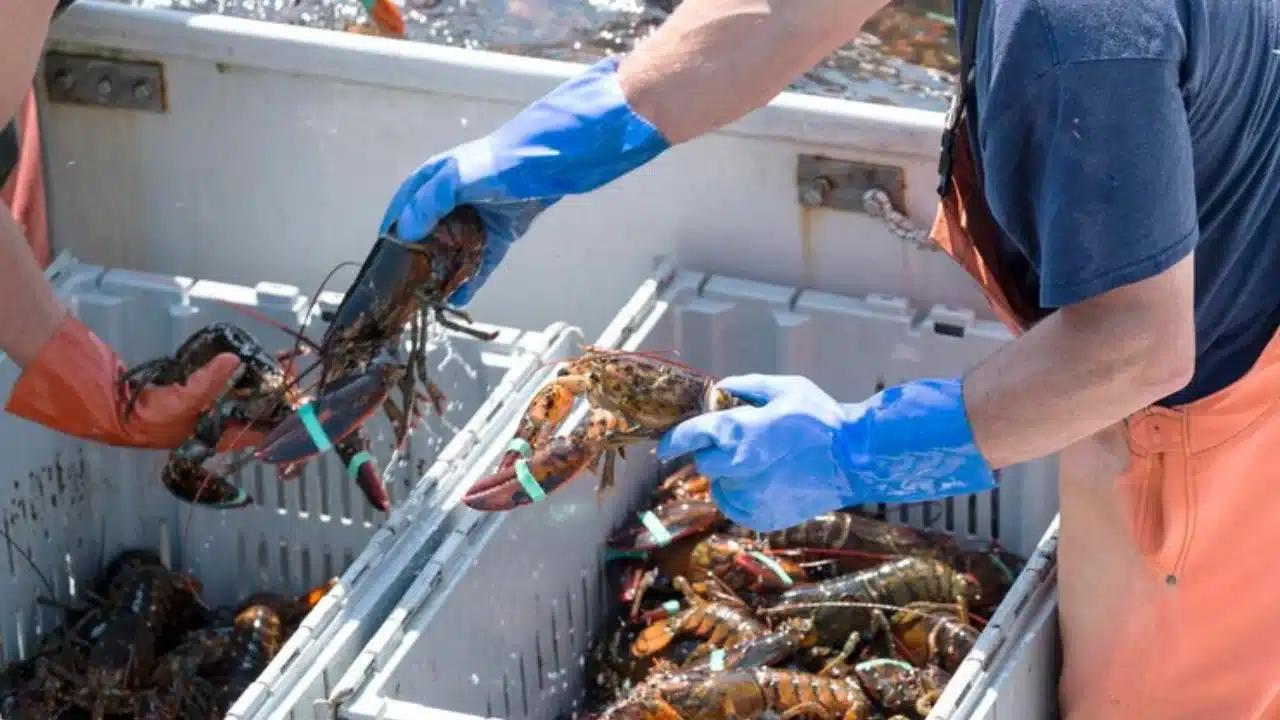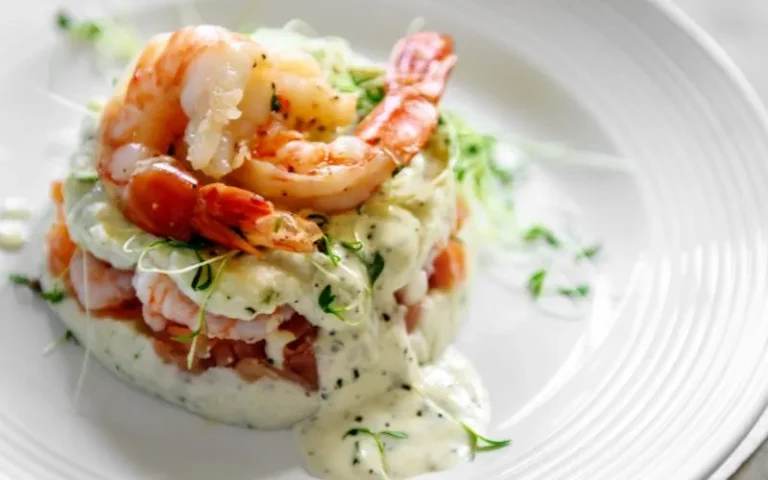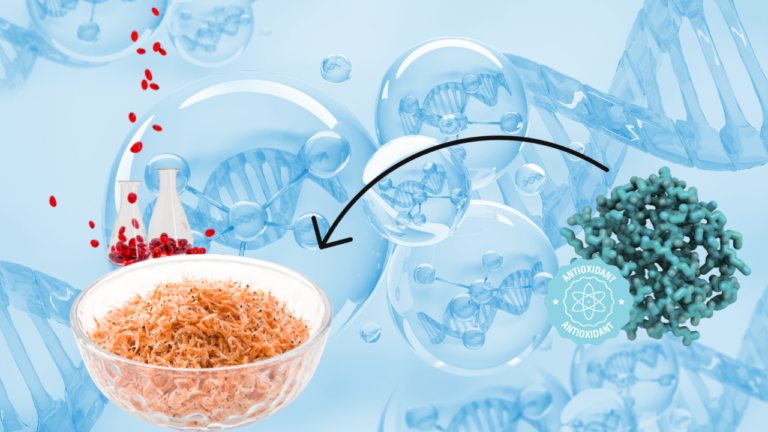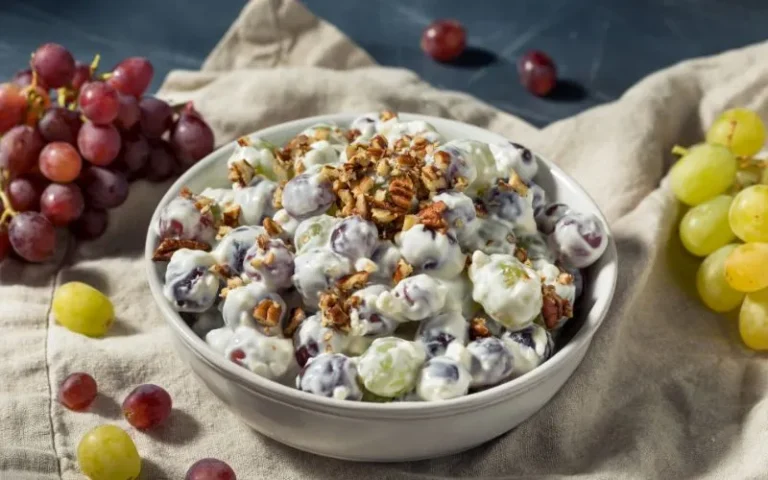Seafood is a vital part of diets around the world, providing essential nutrients, high-quality protein, and heart-healthy omega-3s. But as demand for fish and shellfish rises, so does the pressure on our oceans. Overfishing, habitat destruction, and climate change are putting marine ecosystems at risk, threatening not just the seafood industry but the balance of life in our oceans.
The good news? Sustainable seafood practices can reverse the damage and ensure future generations can enjoy the benefits of a thriving ocean. And while large-scale policies and regulations play a role, the responsibility doesn’t just fall on governments and fisheries it belongs to all of us. Every choice we make, from the fish we buy at the market to the way we consume seafood, has an impact.
Let’s dive deeper into why seafood sustainability matters and how we can all be part of the solution.
Why Seafood Sustainability is Everyone’s Responsibility
Sustainability isn’t just about protecting fish it’s about protecting entire ecosystems, livelihoods, and our own health. Here’s why making responsible seafood choices is crucial:
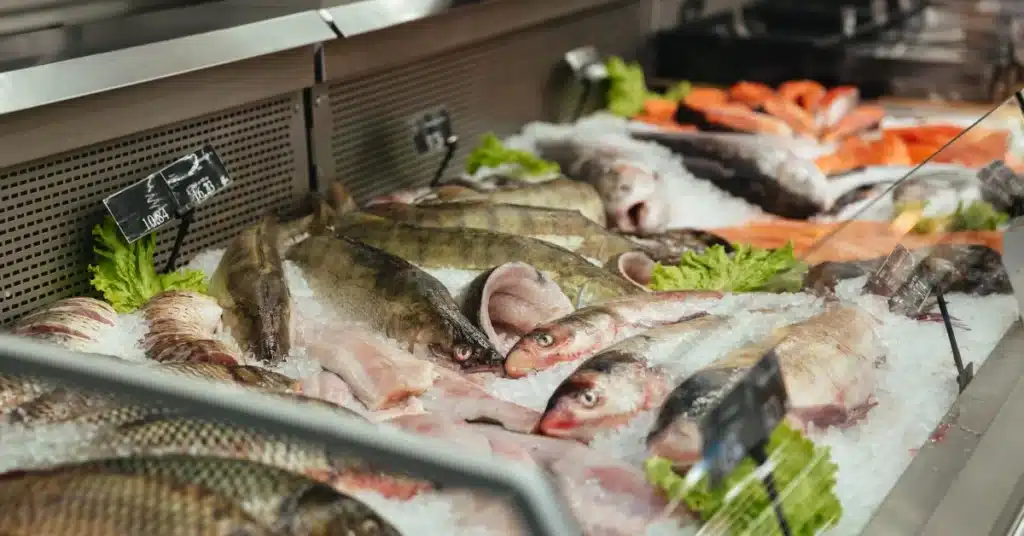
Protecting Ocean Ecosystems and Biodiversity
The ocean is a delicate, interconnected system. When one species is overfished, it creates a domino effect, disrupting food chains and altering marine habitats. Coral reefs, seabirds, and even land-based wildlife depend on a healthy ocean.
- Overfishing leads to species depletion, endangering marine diversity.
- Destructive fishing methods, like bottom trawling, damage fragile habitats.
- Sustainable fishing ensures species can reproduce and maintain population levels.
Did you know? The global demand for seafood has doubled in the last 50 years, yet nearly 90% of fish stocks are overexploited or at maximum capacity.
Supporting Coastal Communities and the Fishing Industry
Millions of people depend on the ocean for their livelihoods. From small-scale fishers to seafood processors and restaurant owners, sustainable fisheries protect jobs, economies, and food security.
- Responsible fishing practices prevent fish stock collapses, keeping industries alive.
- Supporting local and sustainable seafood businesses helps communities thrive.
- When fisheries are well-managed, future generations can continue to benefit from seafood resources.
Fact: Over 3 billion people worldwide rely on seafood as a primary source of protein. If fish stocks collapse, food insecurity will rise dramatically.
Reducing Pollution and Climate Impact
Unsustainable fishing doesn’t just harm marine life it contributes to pollution, carbon emissions, and habitat destruction. Climate change is already affecting ocean temperatures, acidity, and fish migration patterns, making sustainability even more critical.
- Bycatch (unintended marine life caught in fishing nets) leads to massive waste and species loss.
- Ghost fishing (lost or abandoned fishing gear) continues to trap and kill marine life.
- Sustainable aquaculture (responsible fish farming) reduces reliance on wild-caught fish.
Ocean Fact: If the seafood industry continues on its current path, the oceans could be nearly empty of fish by 2048 due to overfishing and habitat destruction.
How You Can Make a Difference
Sustainable seafood isn’t just for policymakers and industry leaders. Every consumer has the power to drive change by making informed, responsible choices. Here’s how:
Choose Sustainable Seafood Options
When shopping for seafood, look for certifications and eco-labels that indicate sustainable fishing practices. Some of the most trusted labels include:
- Marine Stewardship Council (MSC) – Ensures wild-caught fish are harvested sustainably.
- Aquaculture Stewardship Council (ASC) – Certifies responsible fish farming practices.
- Best Aquaculture Practices (BAP) – Verifies environmental and social responsibility in seafood production.
Pro Tip: Not all seafood is created equal. Small, fast-growing species like sardines, mackerel, and anchovies are more sustainable than slow-growing, overfished species like tuna and cod.
Diversify Your Seafood Choices
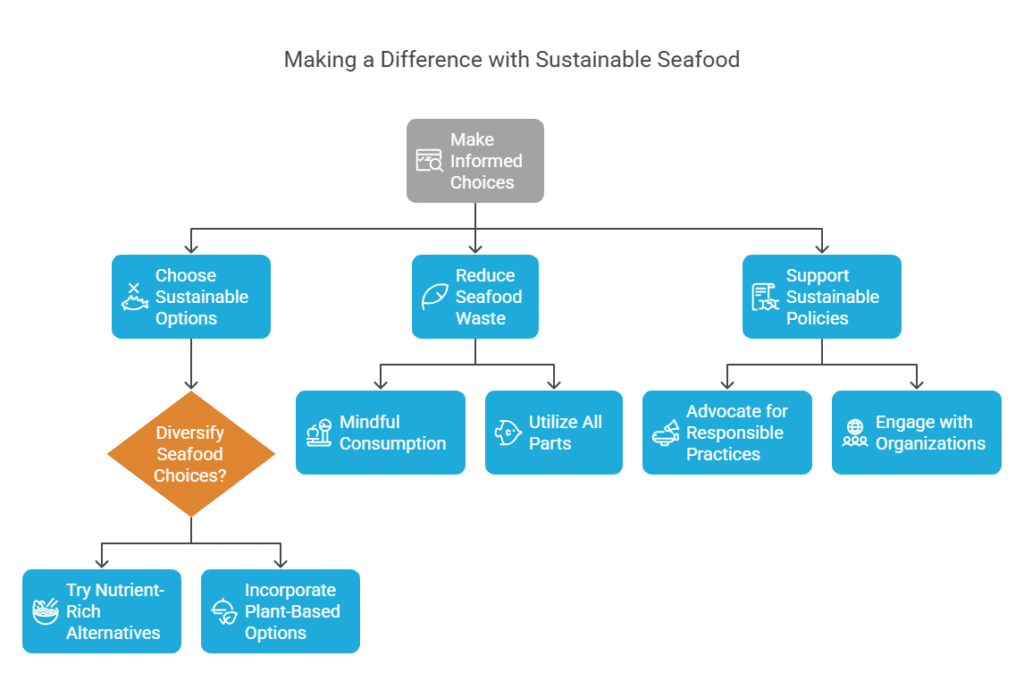
Most people stick to a handful of seafood options shrimp, salmon, and tuna. But over-relying on these species puts immense pressure on their populations and contributes to overfishing. Expanding your seafood choices not only supports ocean sustainability but also introduces you to highly nutritious, underutilized options.
- Try nutrient-rich, sustainable alternatives like mussels, squid, barramundi, and krill all of which have a lower environmental impact.
- Incorporate plant-based seafood options to further reduce pressure on wild fish stocks.
- Support local, responsible fisheries that prioritize eco-friendly harvesting methods.
Try This: Instead of farmed shrimp often linked to habitat destruction and high carbon emissions opt for wild-caught Alaskan shrimp, U.S.-farmed oysters and mussels, or krill. Krill is an incredibly sustainable seafood choice, packed with high-quality protein, omega-3s, and powerful antioxidants like astaxanthin. Plus, its low-impact harvesting methods make it one of the most eco-friendly ways to enjoy seafood while protecting marine biodiversity.
Reduce Seafood Waste
Wasting seafood means wasting the resources, labor, and energy it took to catch or farm it. By being mindful of portion sizes and storage methods, we can reduce unnecessary waste.
- Buy only what you need and store seafood properly to avoid spoilage.
- Use every part of the fish bones and shells make great broths!
- Avoid discarding edible but less “popular” seafood parts, like fish collars and roe.
Fact: Roughly 30-40% of seafood is wasted before it even reaches consumers, often due to bycatch or improper handling.
Support Sustainable Seafood Policies
Regulations and conservation efforts are crucial for protecting ocean life. You can help by advocating for responsible fishing practices and supporting policies that protect marine habitats.
- Stay informed about local and global fishing regulations.
- Support restaurants and stores that prioritize sustainable seafood.
- Sign petitions and support organizations working to combat overfishing.
Want to make a difference? Organizations like Seafood Watch (by Monterey Bay Aquarium) and Oceana provide up-to-date guides on sustainable seafood choices and conservation efforts.
Krill: The Future of Sustainable Seafood
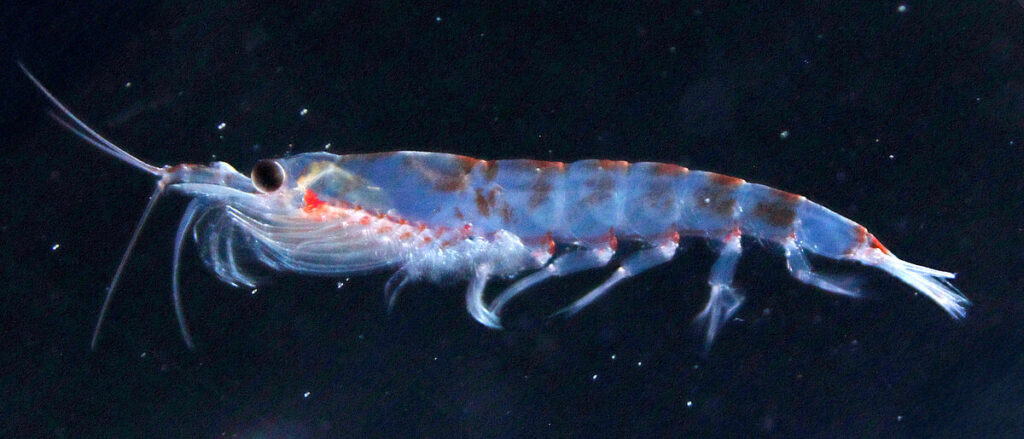
One of the most exciting developments in seafood sustainability is krill a small crustacean offering massive environmental and health benefits.
Why Krill Is a Sustainable Seafood Choice
Krill is one of the most abundant species on the planet, making it an incredibly renewable and low-impact seafood option. Unlike traditional fish stocks that are under extreme pressure, krill populations are carefully monitored and harvested using strict sustainability measures.
- Abundant and Renewable – Krill reproduces quickly, ensuring stable population levels.
- Minimal Environmental Impact – Krill harvesting is carefully managed to prevent overexploitation.
- High Nutrient Density – Krill provides omega-3s, phospholipids, and astaxanthin, supporting brain health, heart function, and inflammation reduction.
Sustainability in Action: Leading krill fisheries operate under MSC (Marine Stewardship Council) certification, ensuring environmentally responsible harvesting that protects the delicate Antarctic ecosystem.
How Krill-Based Products Support Sustainability
Brands that focus on krill-based nutrition are leading the way in ocean-friendly seafood solutions. By choosing krill-based products, consumers can enjoy the benefits of high-quality marine nutrition without contributing to overfishing or habitat destruction.
- Krill oil supplements offer a sustainable source of omega-3s without the environmental strain of traditional fish oil.
- Krill protein provides a clean, digestible alternative to farmed seafood and processed protein powders.
- Krill-based foods integrate nutrient-rich seafood into diets while prioritizing ethical sourcing.
Supporting krill-based products means choosing marine nutrition that’s good for your body and the planet.
Final Thoughts
Seafood sustainability isn’t just a problem for policymakers or environmentalists it’s everyone’s responsibility. Every purchase, every meal, and every choice contributes to the health of our oceans.
Consumer demand shapes the industry. When people choose sustainably sourced seafood, they send a clear message to fisheries, retailers, and brands: sustainability matters. The more we support eco-conscious seafood options like krill, the more the industry will prioritize responsible harvesting, conservation efforts, and innovation in marine sustainability.
By choosing sustainable seafood options like krill, supporting ethical fishing practices, and being mindful of waste, we can all play a role in preserving marine life for generations to come.
Every dollar spent on responsible seafood is an investment in the future of our oceans. Whether it’s swapping overfished species for sustainable alternatives, reducing waste, or supporting brands committed to protecting marine ecosystems, small changes create a ripple effect that drives real industry change.
The future of our oceans depends on us. Are you ready to make a difference?

